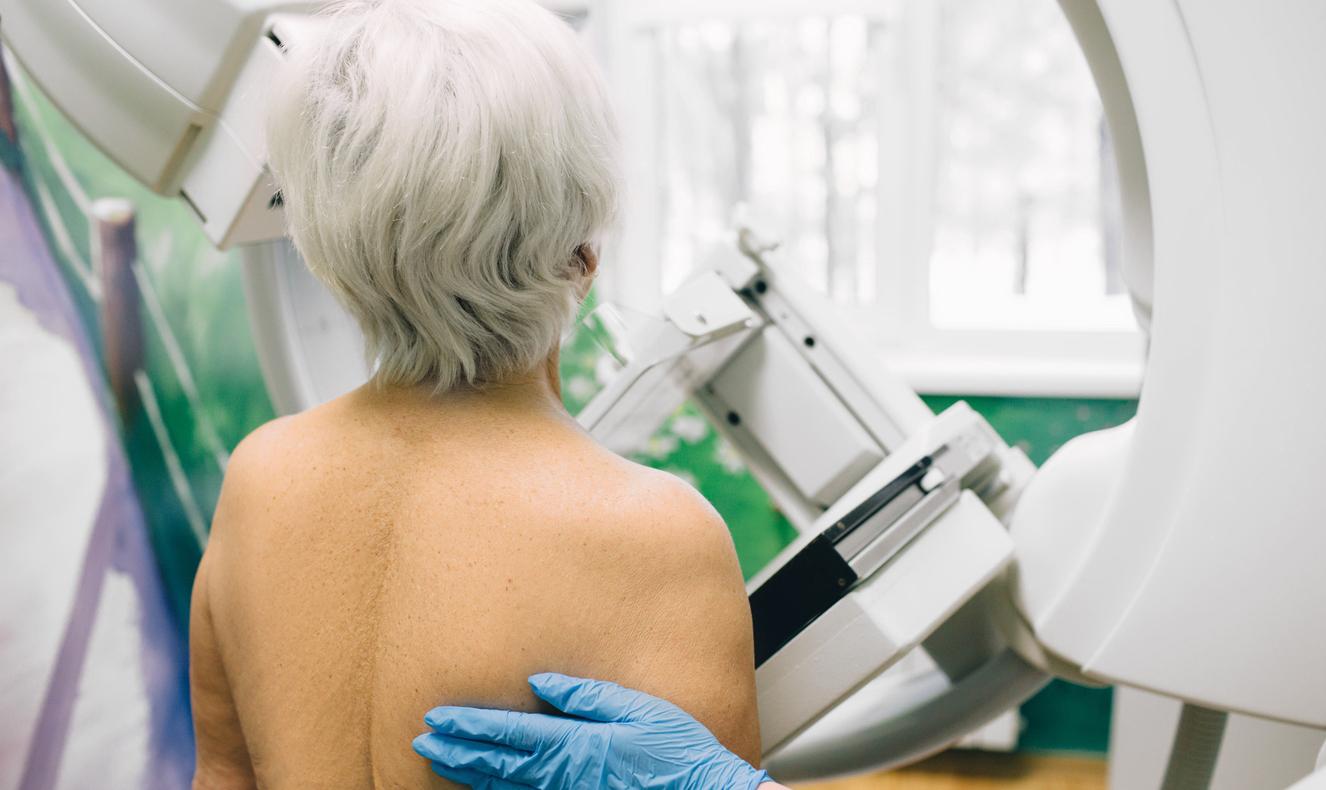Californian researchers have highlighted a “powerful link” between olfactory loss and inflammation in 139 pathologies.

- A new study highlights a link between olfactory loss and inflammation in 139 medical conditions.
- Furthermore, researchers have also noticed that pleasant smells can reduce inflammation.
- They are therefore working on the development of olfactory therapy to improve health outcomes.
Loss of smell is generally seen as a minor disorder, or even a simple inconvenience. A study from University of California-Irvine and the Oxford Research Center in the Humanities shows that anosmia may actually be an early sign of various neurological and bodily diseases.
The study was presented in the journal Frontiers in Molecular Neuroscience in October 2024.
Loss of smell: a disorder linked to 139 diseases
To better assess the impact of olfactory dysfunction on health, researchers have reviewed all the studies carried out on the subject over the last two decades. Their work has highlighted a powerful link between loss of smell and inflammation in 139 neurological and physical medical conditions such as depression, Covid-19, Parkinson’s disease, Alzheimer’s, rhinitis and schizophrenia. …
“Olfactory loss, which often precedes pathologies such as Alzheimer’s and Parkinson’s disease, may serve as an early indicator of disease onset, enabling more proactive therapeutic approaches”indicate the authors.
Professor Michael Leon who led the study adds that these data are “particularly interesting” because it had previously been observed that “olfactory stimulation can improve the memory of older people by 226%”. “We now know that pleasant smells can reduce inflammation. This may indicate the mechanism by which these scents can improve brain health.”specifies the expert in a press release.

Developing olfactory therapy to reduce inflammation
Faced with these findings, scientists suggest that fragrance therapy could reduce inflammation and thus protect against 139 diseases. “Olfactory stimulation shows its effectiveness for both prevention and treatment, potentially mediated by the reduction of inflammation”write the authors in their article.
They also initiated the development of an olfactory therapeutic device. Its objective would be to be “a new, non-invasive way to improve health outcomes”. However, scientists acknowledge that more in-depth studies of olfactory therapies are needed to confirm their findings.















